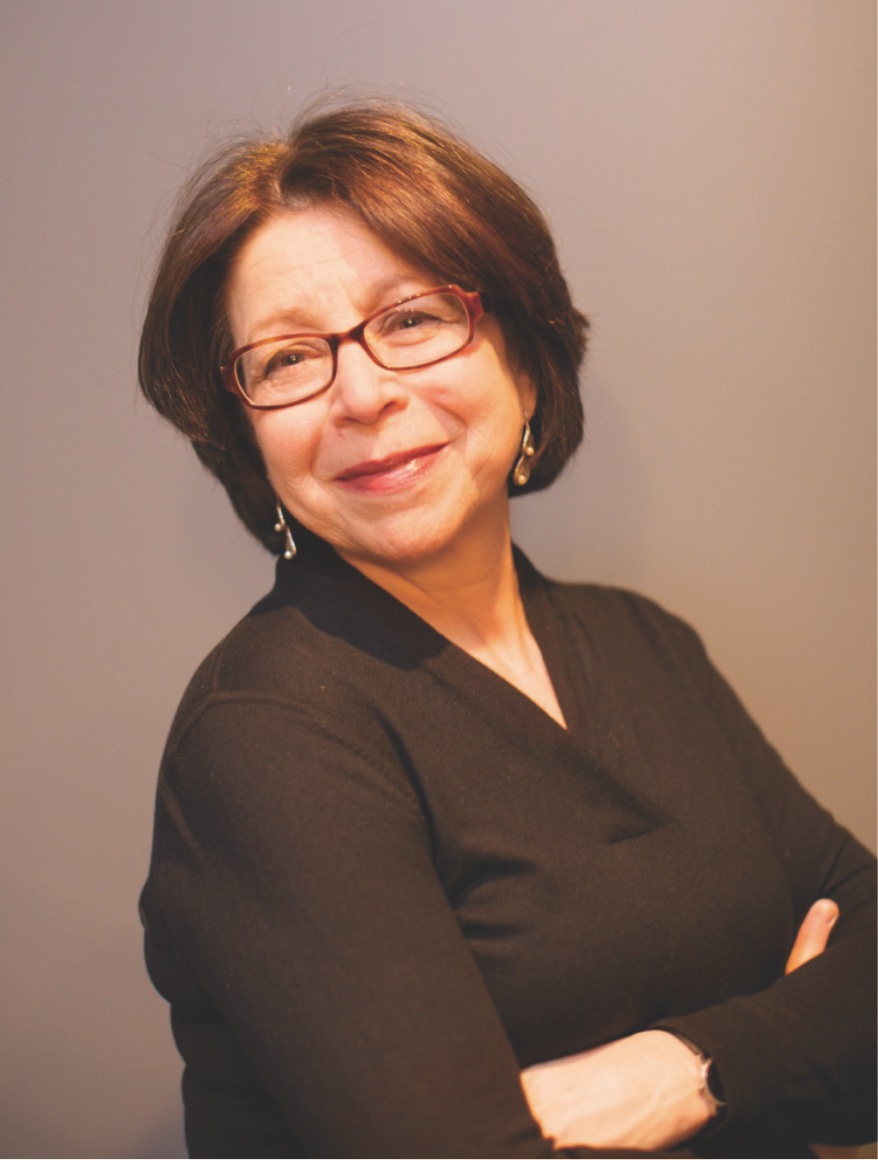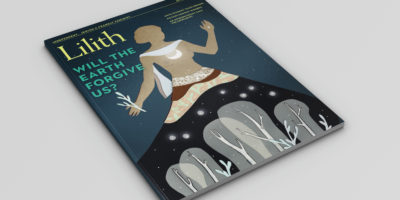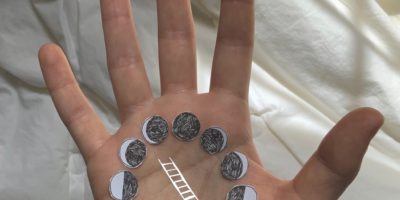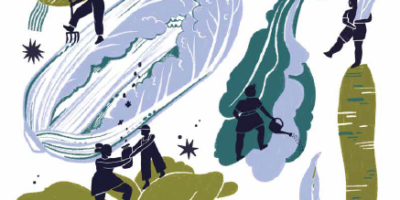
From the Editor
As a pre-teen girl, I spent exactly zero time thinking about gender inequality.
Even full ritual participation in Jewish life seemed accessible to all. Our afternoon Hebrew school was run by a pair of progressive Israeli educators who expected pre-adolescent boys and girls to lead Shabbat morning services for the junior congregation, and at age 13 each of us celebrated becoming bat or bar mitzvah by reciting a haftarah in the adult services. I felt no discrimination at the time; how naive. Only later did I realize that my bat mitzvah would be my last speaking role from that bima for many years. Full participation as a youngster, a confusing marginalization as a female young adult.
I had no alternative framework then that would allow me to see beyond the image in the foreground: girls had satisfying friendships, boys were nice-guy peers who were fun (if a little goofy) at youth-group parties, and later they were easygoing as our early crushes and dates. In my teens it turned out that I didn’t have words, or any reference points, for naming—let alone understanding—the limitations imposed on so many girls and women by the world around us.
While early observations like those about religious participation or male behaviors were at the edges of my consciousness—in my peripheral vision—I couldn’t bring them into focus to describe and discuss them. They occupied space in my memory bank—but without labels, and without analysis.
There are other safe-deposit-box clues stashed away in that memory bank. They also needed labels. Two high school friends got pregnant, married their boyfriends, had their babies and dropped out of school. What? They had been having sex with those boys? I was reeling at the news, and could not even begin to articulate (though I was a pretty articulate person) what I was feeling. Another box in the memory bank: the response of a male counselor at my college who, when I told him that I’d felt panicky at being catcalled on the street, asked “But don’t you feel flattered by that?” Whaaaat? A feminist wake-up call chimes softly.
Yet when a friend planning for a Lilith salon discussion asked me a few weeks ago, “What feminist moment changed your life?” I realized that those early experiences could be called “feminist” only in retrospect, unrecognized as such when they happened. It was only later, as an adult, that I became conscious of how my early expectations of full participation and agency and protection and equality and personhood were tamped down. I had no language for what I’d been experiencing and feeling, no feminist movement yet to offer enlightenment and outrage, no models for how to protest, fight back or even envision alternate framing.
My incremental awareness of the biases against women in general took place in relative safety. That’s not the case for many.
And for some individuals—especially people of color, or LGBTQ folks, or those who aren’t neurotypical, or are unhoused, living in poverty or with abuse—recognizing forces of sexism, racism, ableism and more can be an urgent necessity, required for survival.
As with civil rights legislation, it took righteous outrage to press for laws prosecuting partner violence and rape, and laws that at least on paper stand against notorious workplace inequities like once-common and legal salary differentials between women and men in identical jobs. (“Oh, but he has a family to support,” was the explanation once offered an unpartnered, non-parent female colleague of mine.) A movement towards justice takes both a consciousness of discrimination and the energy and resources to press for change.
With hope beginning to emerge on the horizon after our very bleak pandemic year, perhaps you feel ready to engage, to push for inclusion, to correct collective wrongs. An exhibition of Jewish artists with no work by Jews of color or nonbinary artists? A new collection of important essays that ignores female scholars? A program making no effort to accommodate for disability? An executive job search with only the usual suspects in the pipeline? A solipsistic assumption that the local school district has no kids in need of free lunches? We know that everyone is limited by such exclusions, though not all suffer the same consequences. These are bad ideas waiting to be corrected. A feminist lens should enable you to focus on the connection between misogyny and its white supremacist relative, reducing significantly the harm done by both. At hand are the tools of a more evolved feminism than the one I was seeking without knowing it when I was a teen. Feminist moments are changing lives all around us.
The recognition of problems and our willingness to parse their sources are among the signal benefits of our present moment of elevated awareness. This is one of the gifts of feminism. Combatting misogyny through feminism has provided concepts—and a model—for noticing, naming and correcting other forms of discrimination as well. Lilith, soon marking 45 years of publication, hopes to have enabled your navigation towards those changes.
Here’s to an improved season ahead,
Susan Weidman Schneider
Editor in Chief
susanws@lilith.org





